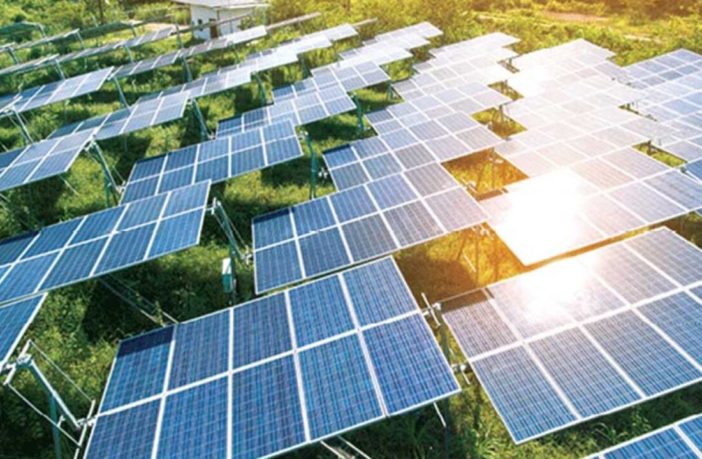Morocco and the International Renewable Energy Agency (IRENA) will collaborate to advance the country’s renewable hydrogen economy and accelerate the uptake of renewable energy as it seeks to become a major green hydrogen producer and exporter, IRENA said June 14.
The two parties will carry out green hydrogen studies and explore policy instruments to engage the private sector in the industry, under the strategic agreement between IRENA and Morocco’s Ministry of Energy, Mines and Environment (MEME), IRENA said in a statement.
Under the agreement, IRENA and MEME would jointly develop technology and market outlook studies, as well as public-private partnership. They would also explore developing hydrogen value chains with a view to trading green hydrogen nationally and regionally.
“Morocco has shown great leadership in advancing the deployment of renewable energy to meet growing energy demand while creating new industrial opportunities across the country,” IRENA Director-General Francesco La Camera said in the statement. “It is only natural that this leadership be extended to the pursuit of green hydrogen, which may play a critical role in global decarbonization ambitions.”
“The country has revised upwards its renewable energy ambition with a decision to increase the share of total installed capacity to more than 52% by 2030 — exceeding the country’s objective announced at COP21 in Paris,” IRENA said.
Morocco had almost 3.5 GW of installed renewable energy capacity at the end of 2020, IRENA said.
Morocco and the European Commission jointly facilitated IRENA’s Collaborative Framework on Green Hydrogen in May, focused on developing infrastructure, technology and certification for a global renewable hydrogen economy and trade.
Morocco is looking to renewables and green hydrogen to help replace its coal-fired power generation. It is also planning to install a floating LNG import terminal to use more gas in the power sector.
At present, the North African country has only very limited gas production of its own. Later in 2021, it will take ownership of a gas pipeline that runs through its territory, used now to send Algerian gas to Spain.
A 1.4 GW subsea cable between Morocco and Spain is the only direct power interconnector between Africa and Europe. Morocco and Portugal are in talks for a 1 GW interconnector between the two countries.
And UK-based XLinks plans a 3.6 GW subsea cable to link 10 GW of solar and wind generation in Morocco directly to the UK.
S&P Global Platts assessed the cost of producing renewable hydrogen via alkaline electrolysis in Europe at Eur4.47/kg ($5.42/kg) June 11 (Netherlands, including capex). PEM electrolysis production was assessed at Eur5.60/kg.







